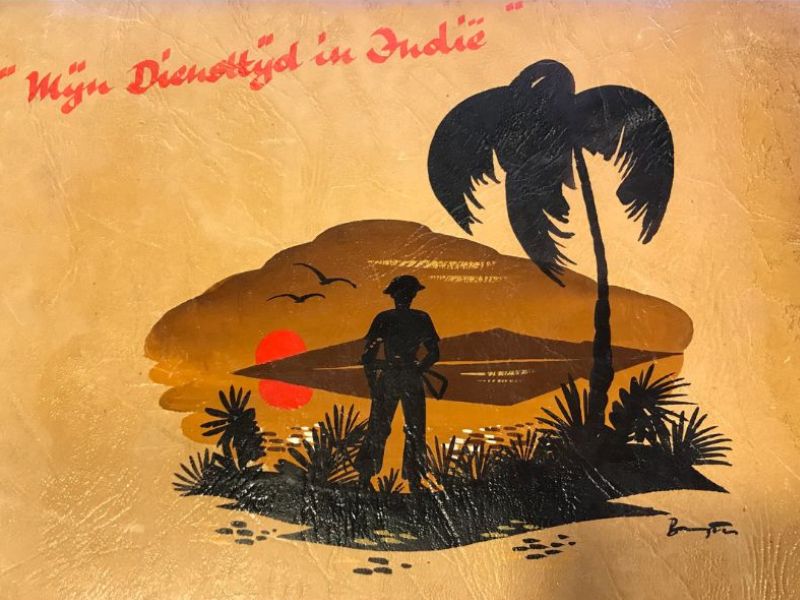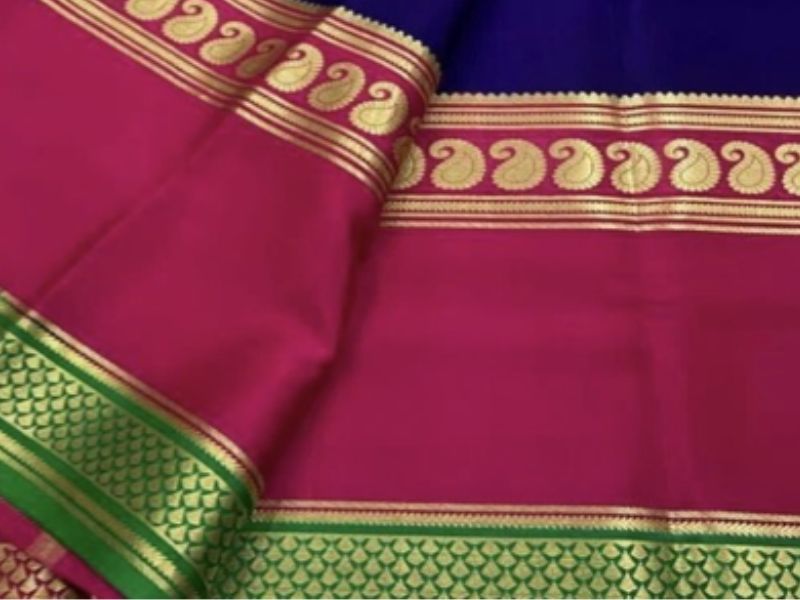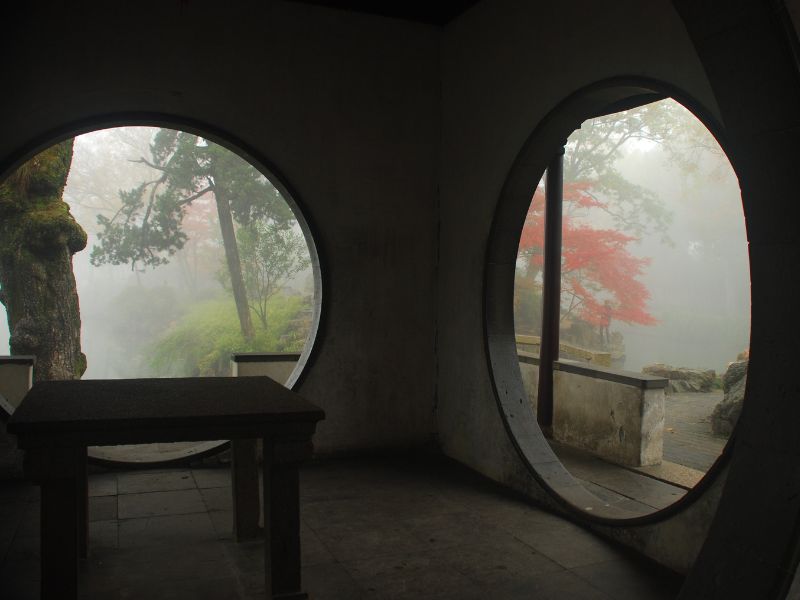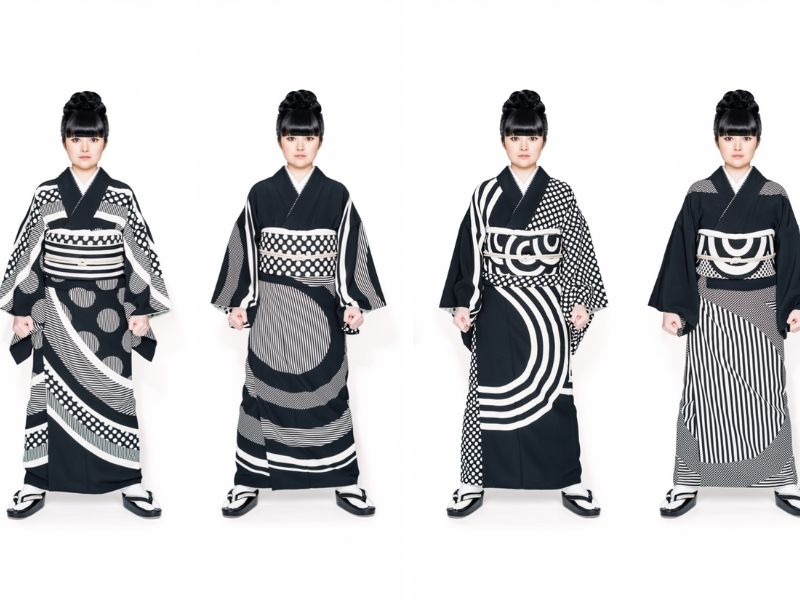Susie will examine the burdens of proof commonly placed on war photography and images from colonial contexts. She explores the tensions between photographs as 'evidence' and the more complex histories of violence and resistance that photography can reveal.
6 events found.
Date: 24 June 2025
Time:
-
Location: Annie Wyatt Room at the National Trust Centre
The magnificent and ruthless Tipu Sultan (1751-1799) of the Indian Kingdom of Mysore rose to power in the 1780s. At that time, India controlled 25% of world trade, and 80% of Britain's lucrative India trade concerned finely crafted textiles. France, too, was importing thousands of metres of 'toiles Indiennes' in direct competition with its sworn enemy, the British East India Company. This talk will look at Tipu's focus on textiles, the regions involved, and the often overlooked methods of distribution and finance of the Indian master traders.
Date: 17 July 2025
Time:
-
Location: Online via Zoom
In this richly illustrated talk, architectural historian Stanislaus Fung explores how Suzhou gardens challenge Western ideas of perspective and scale, offering instead a choreography of shifting views, subtle concealments, and spatial ambiguity.
Date: 21 July 2025
Time:
-
Location: Online via Zoom
This exhibition displays historically significant and visually dynamic examples of costume and fashion from Japanese history, and establishes a creative lineage to the most experimental and innovative fashion designers of today. Wayne Crothers will present selected highlights of this beautiful exhibition which will be on at NGV until 5 October.
This presentation draws upon my dissertation titled “Death and Photography in East Asia: Funerary Use of Portrait Photography,” which compares the practice of funerary photo-portraiture in China, Korea, Japan, Taiwan, and Vietnam by examining the basic concepts underpinning it
Date: 11 August 2025
Time:
-
Location: Online via Zoom
The subject of Martaban jars and their distribution is truly an absorbing one which continues to be
investigated by scholars in various parts of the world. It was only in 1984, when the Tak Om/ Koi
burial sites were found along the Thai-Burmese border, that Burmese ceramic production came to
light internationally.





